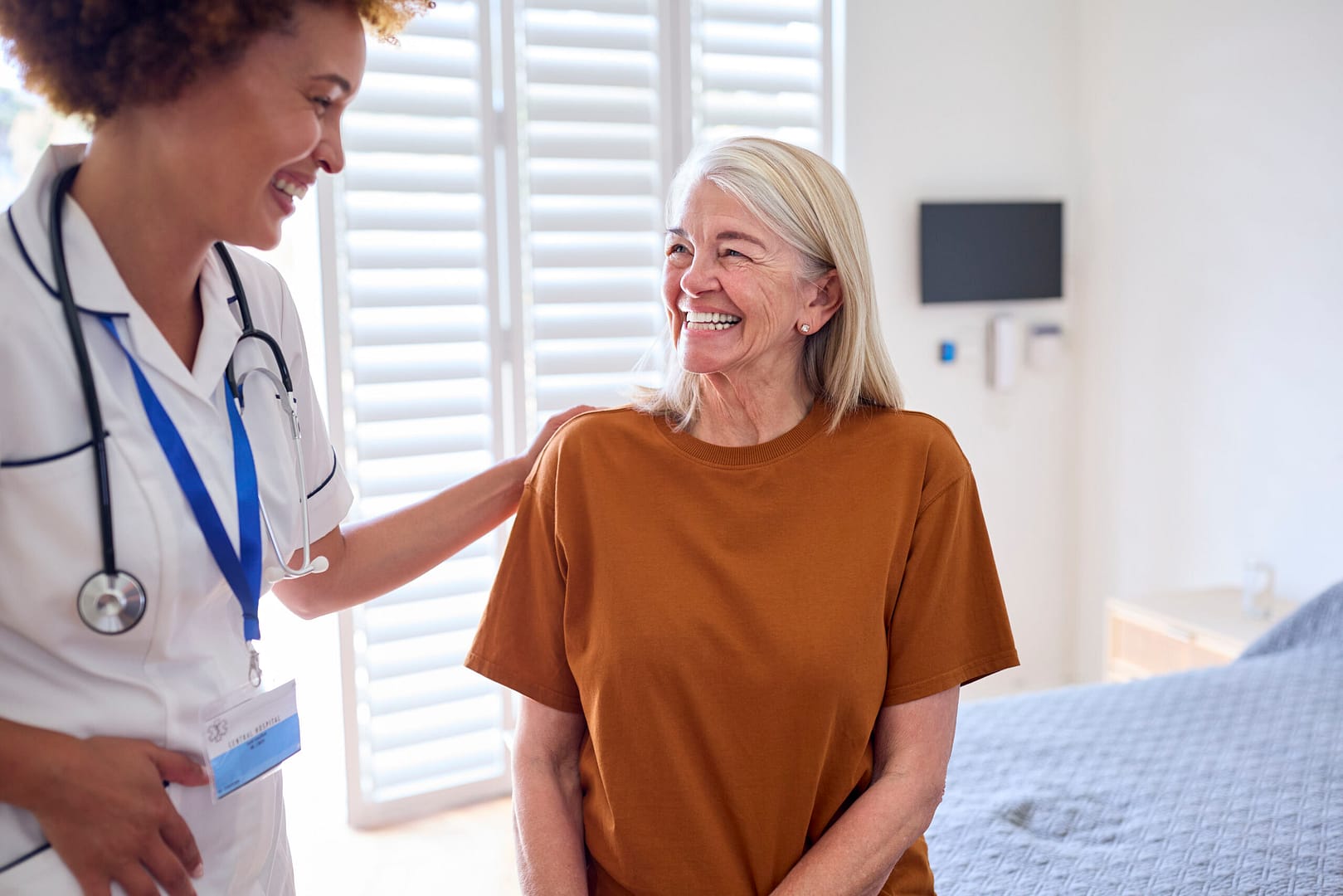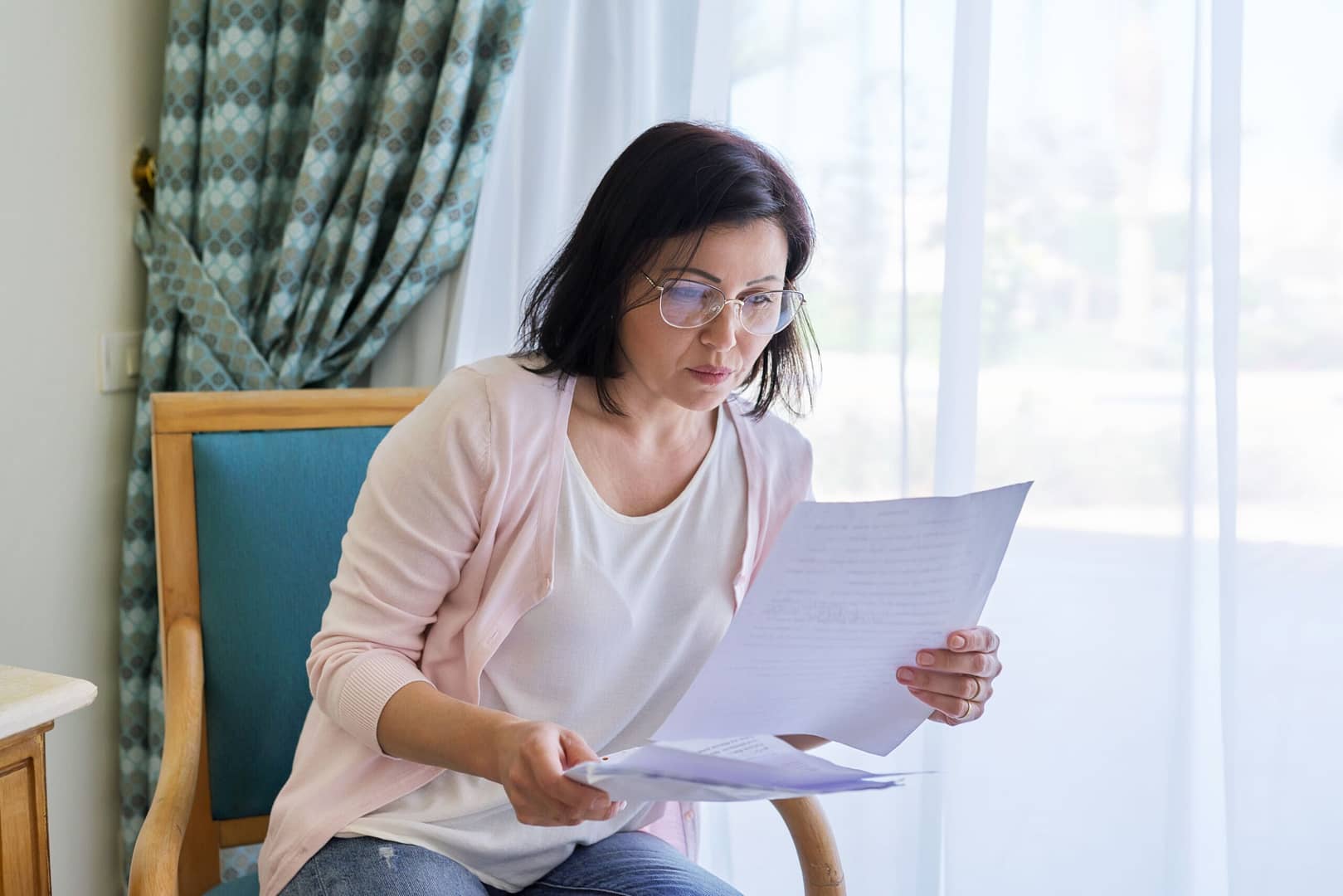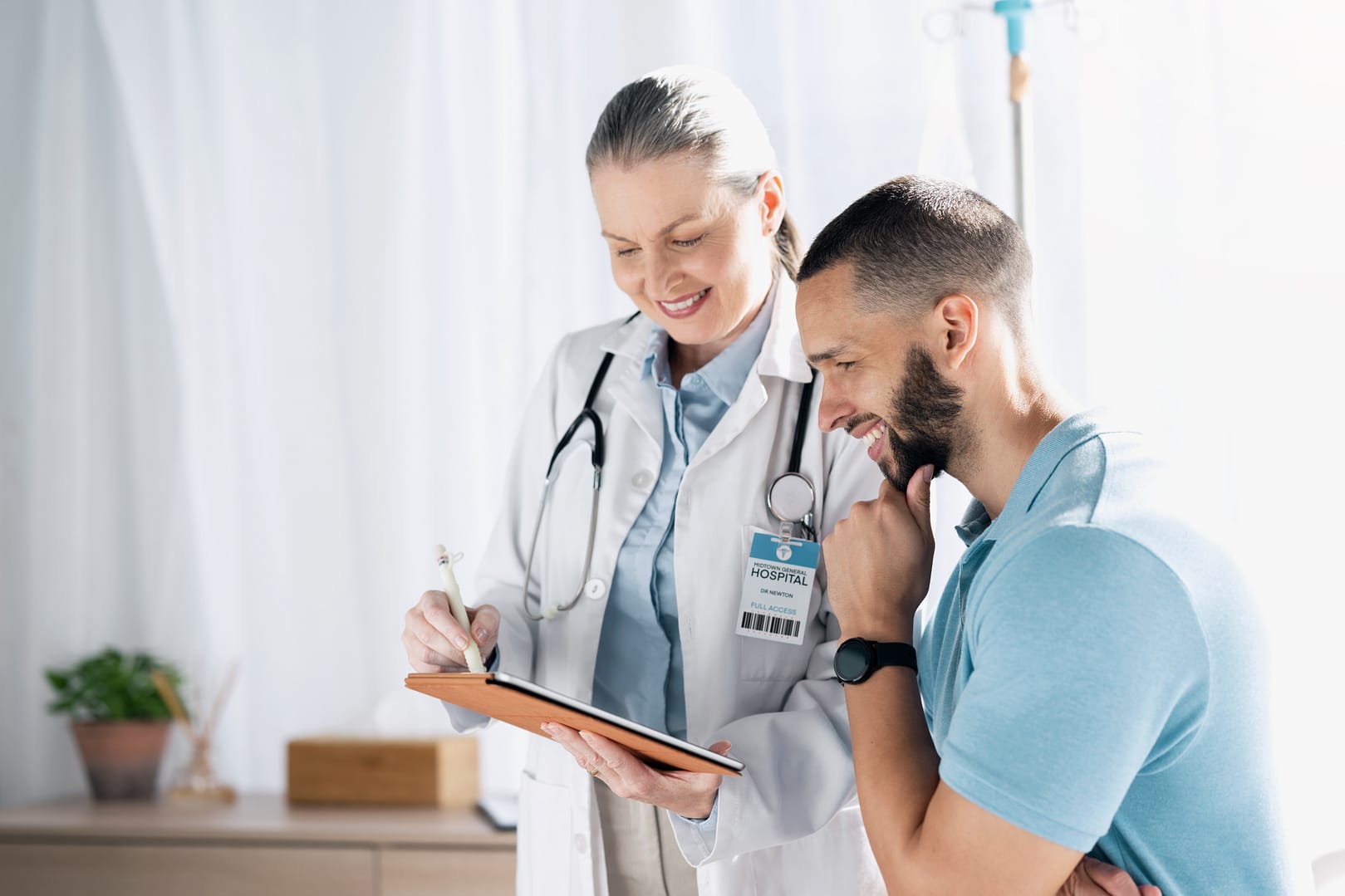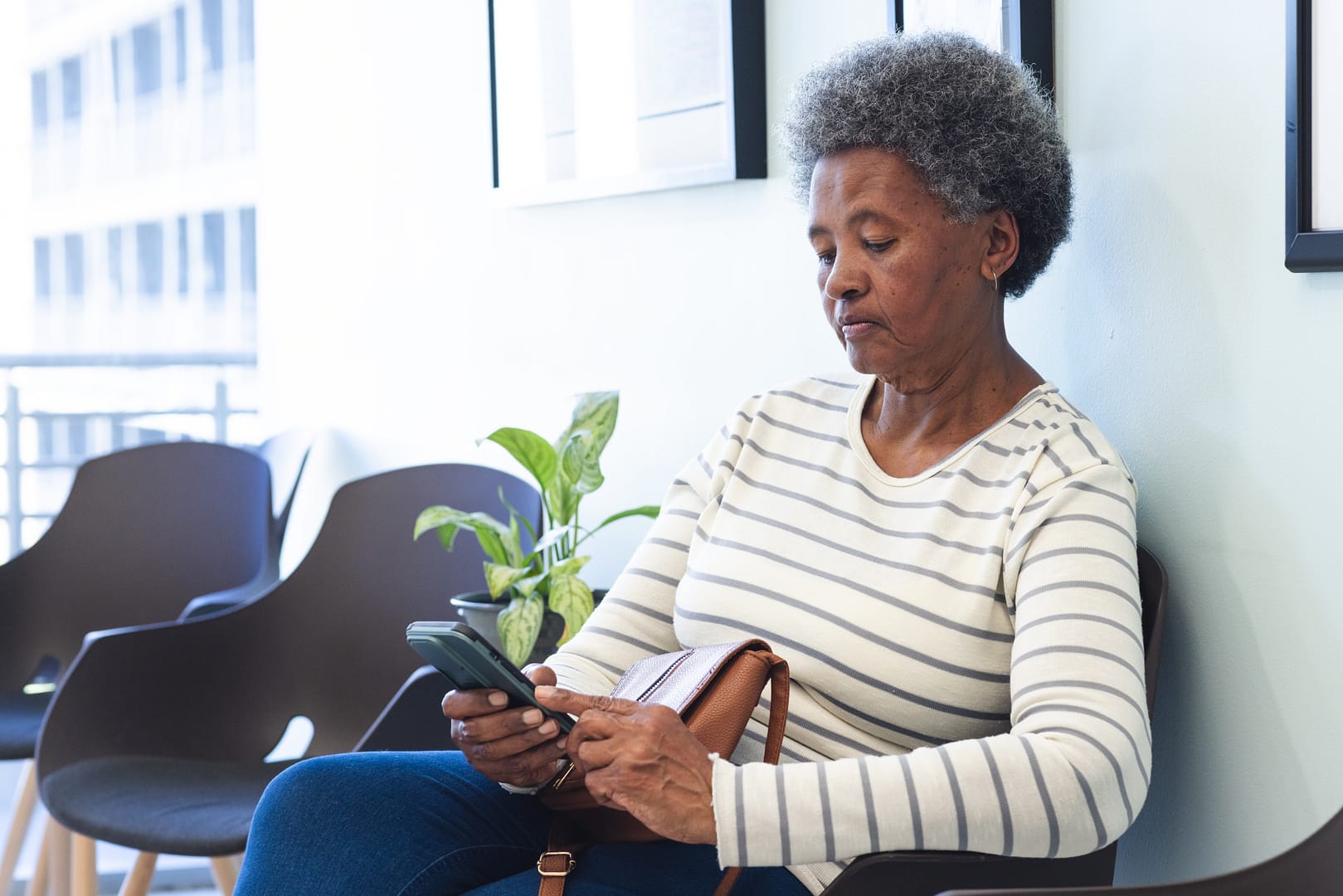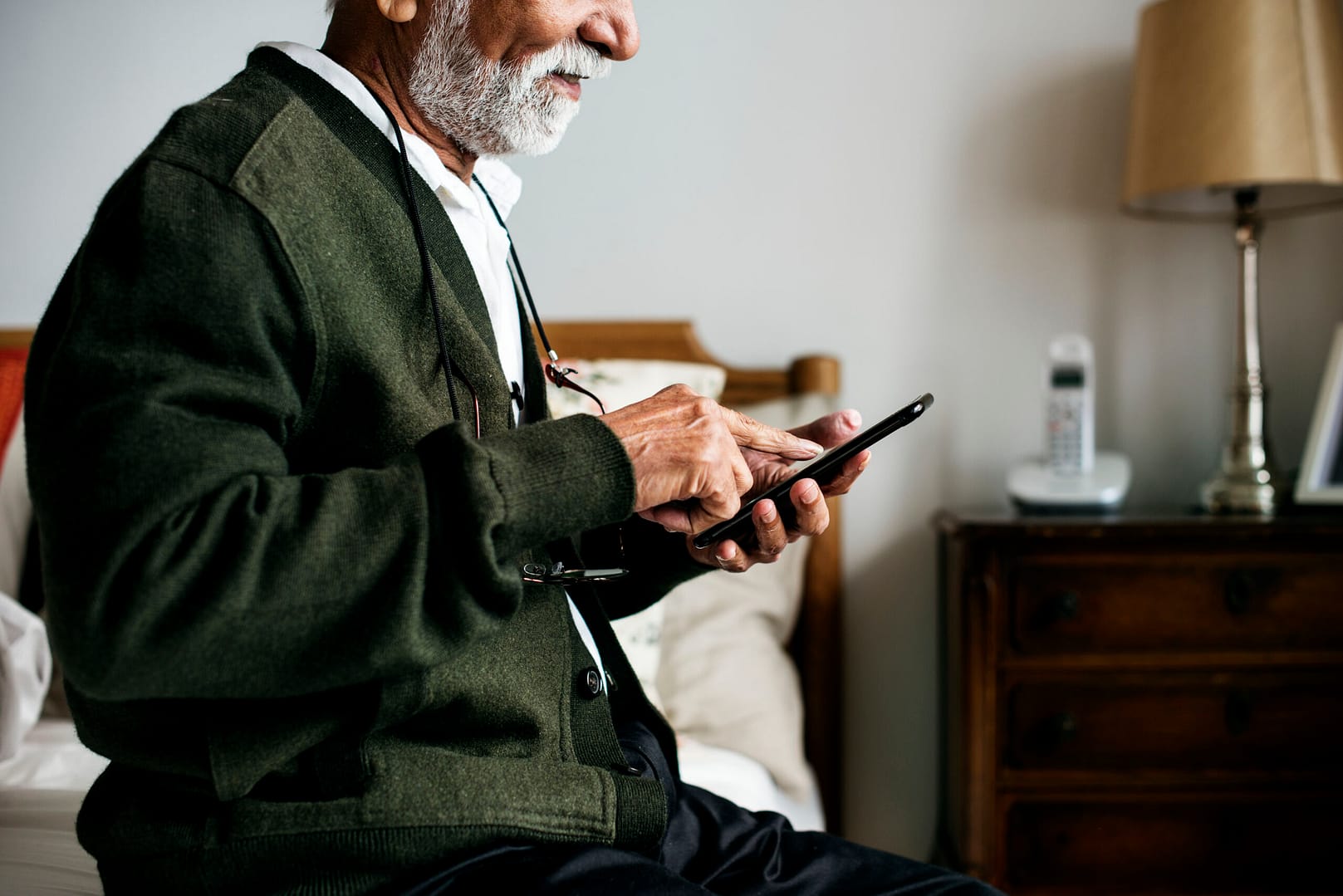Blogs
Healthcare providers are increasingly using Net Promoter Score (NPS) to capture patient feedback, but ...
After a major surgery, patients are often sent home in a vulnerable state tired, ...
A potentially valuable insight from the analysis, and already well understood in other commercial ...
“If we don’t have a response rate of 80% or more, I’m not going ...
It's an endless debate – do happy, engaged staff deliver better patient care? Or, ...
Capturing patients' voices to inform care is a vital part of the clinical workflow. ...
Cemplicity has learnt that a successful Patient-Reported Outcomes Measures (PROMs) programme boils down to ...
Patient reporting of SSI is scientific - and here is why. Over the past ...
Last week, Josh, who leads our London-based account management team, mentioned an interesting snippet ...
Subscribe
Subscribe to stay tuned for new features and latest updates.

